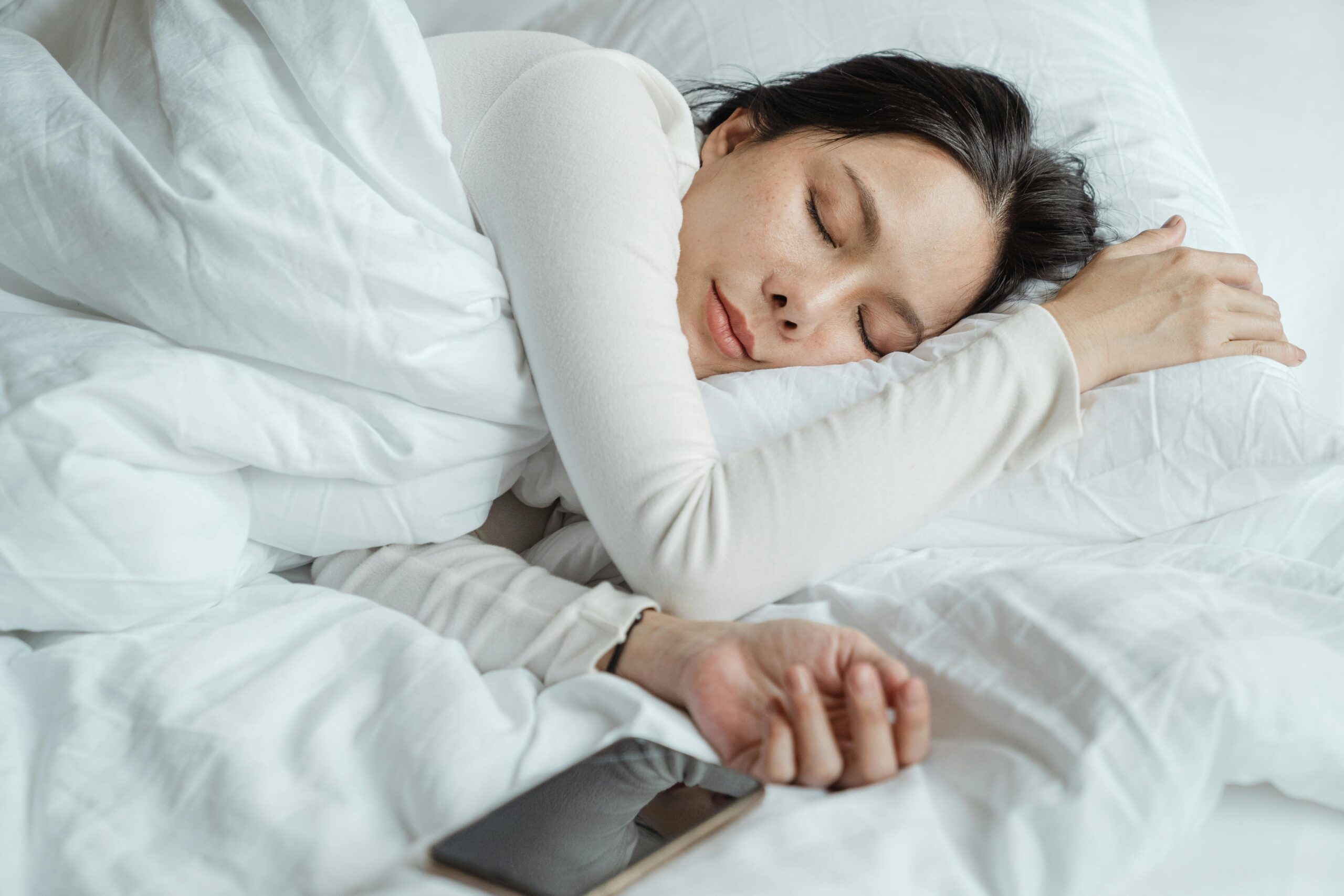
The Impact of Sleep on Mental Health
Of all those rather elementary processes that are requisite for health, sleep becomes the first sacrifice in this modern world of hustle. Be it work, family, or social obligations, there’s always one thing or another that needs to be done, and sleep gets pushed into second-class status. Thus, it shouldn’t be surprising when this trend bears its marks on mental well-being. This would go hand in hand with maintaining emotional balance and cognitive function, considering the strong linkage between sleep and mental health.
Studies have shown that being deprived of sleep can have awful effects on one’s mental health. Bad sleep can exacerbate a wide variety of different mental health disorders, often leading to self-reinforcing cycles where poor and worsening mental health furthers sleep disruptions. In a recent study from the journal Sleep, the authors said that insomnia could be causing anxiety disorders and depression among those suffering from the condition.

Quality sleep is an active regulator of our emotions. During sleep, emotive information is actively processed in the brain and is used to consolidate memories, reinforcing learning. To the contrary, poor sleep diminishes our coping ability and heightens emotional responses to life stressors. The results of sleep deprivation are irritability, mood swings, and heightened anxiety.
It results in dysfunction in cognition; sleep loss develops weakness in attention, concentration, and decision-making. Brains which don’t get adequate sleep tackle things very slow-wittedly-the thought processes can be befogged and illogical. The effect is that the person will not be able to do his work assignments or daily activities properly, and he feels irritated, which enhances the stress level.
Therefore, it is very important to make a routine of healthy sleep in view of the good mental health of a person. This calls for getting 7-9 hours of quality every night. To accomplish this, a bedroom routine may be established that would help one relax, limit screen time before bedtime, and ensure that the sleep environment is comfortable enough to sleep. Light stretches, meditation, and deep breathing set both the mind and body in a pretty neutral position for sleep.
Besides, one should pay great attention to nutrition and sport. It was underlined that regular physical activity improves patterns of sleep. A diet full of nutrients will contribute to good performance of the brain and emotional balance. It was also recommended not to have caffeine and heavy meals before sleeping.
Sleep is not just a matter of rest, but the essential unit of mental health. If anything, good sleep may provide the best means to emotional regulation and higher cognitive functioning in the interest of increasing the quality of life. Be proactive about your mental health by creating rest to support this and make a more balanced, fulfilling life.